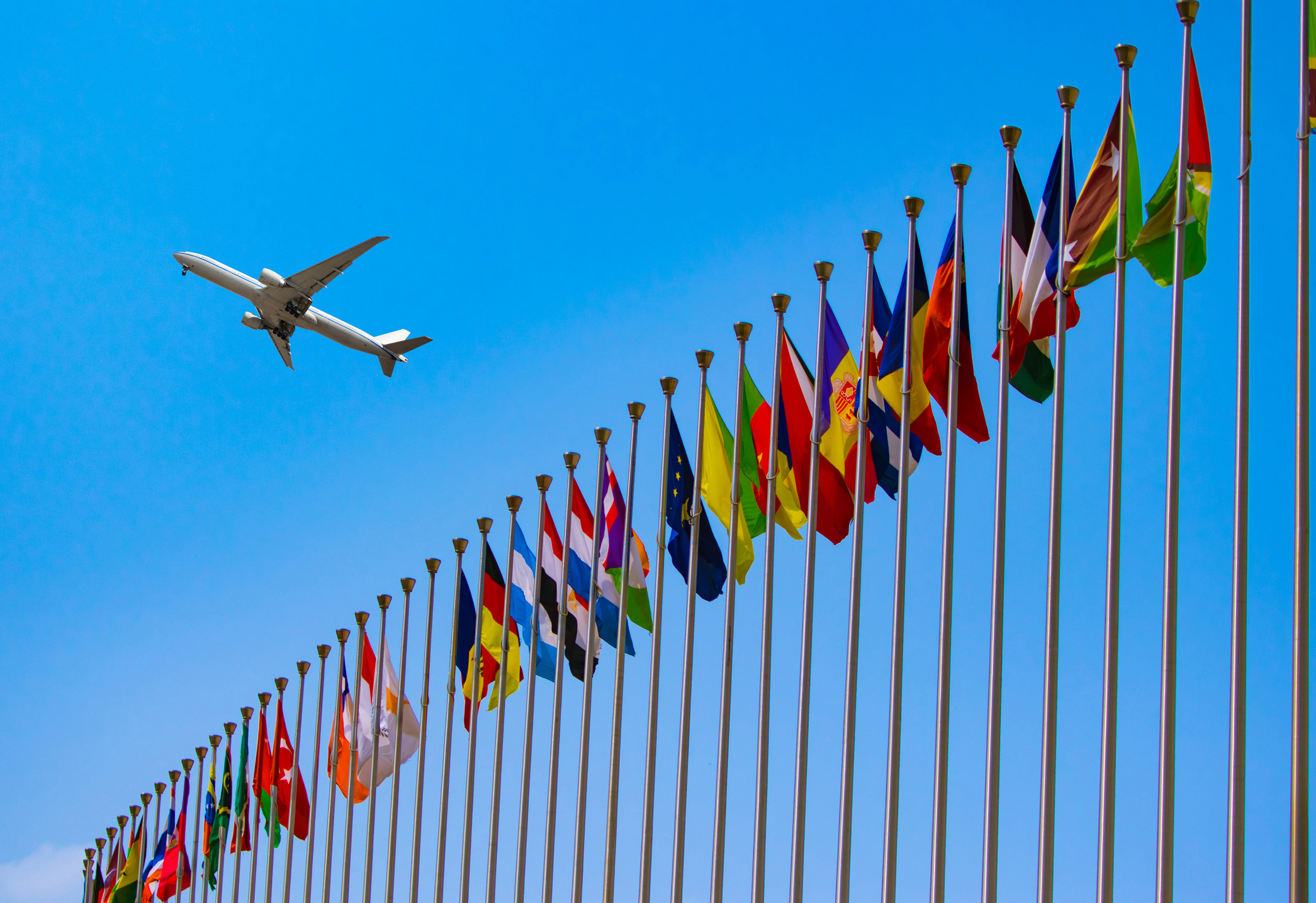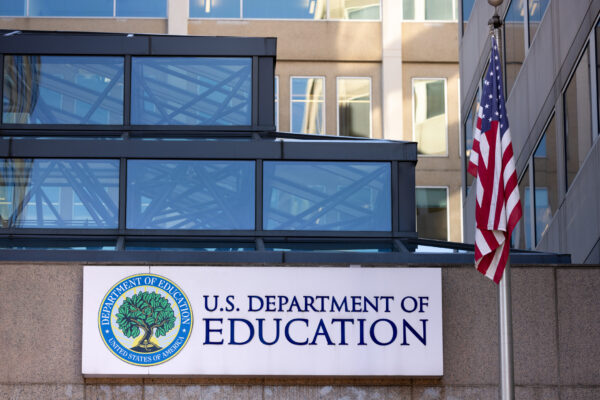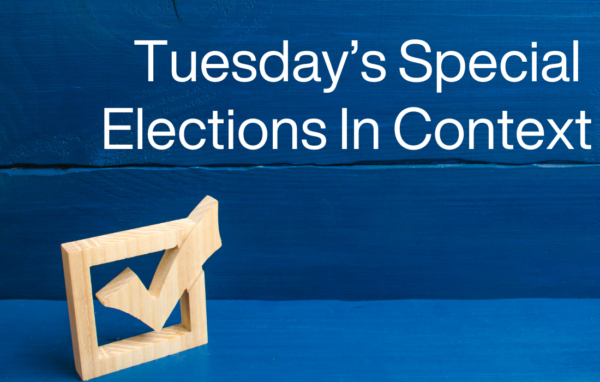Last week was NATO (North Atlantic Treaty Organization) week in Washington, as the alliance celebrated its 75th anniversary and welcomed the soon-to-be new Secretary General, former Dutch Prime Minister Mark Rutte. Alliances are receiving a heightened level of attention as they relate to the conflict in Ukraine. Former President Trump and others have indicated they are open to changes with our alliances and pressing allies to pay more for security. From our research for Winning the Issues (June 14-16, 1000 registered voters), we explored foreign policy topics and how voters perceive the value of our alliances.
Conflicting beliefs in foreign policy: Seven out of ten voters believe that peace, prosperity and security are products of American leadership and sacrifice (70-16 believe-do not believe) with this belief consistent across party (75-14 among Republicans, 65-20 among independents, 70-15 among Democrats). However, there is also concern that the US has become overstretched. Two- thirds of the electorate believes that the US is overstretched with funding and providing military weapons assistance for international conflicts. We must focus on rebuilding our country (63-21). Republicans (72-14) and conservative Republicans believe this (75-14) at a high level, but this is also the case among independents (63-20) and Democrats (53-28).

With majorities of the electorate believing both statements, this outlook indicates a conflict of foreign policy beliefs. For example, 60% of conservative Republicans believe both statements — that peace, prosperity and security are products of American leadership and sacrifice (79% believing) and that the US is overstretched (75% believing).
Importance of alliances: Alliances are seen as important (91-6 important-not important) but with a generational difference among Republicans on the scale of importance. Republicans over age 45 view the alliances that the US has with other countries as being very important (64%) rather than somewhat important (27%), while among Republicans 18-44, there is a much a larger percentage viewing them as only somewhat important (42%) rather than very important (49%).
Alliances as effective peace-keepers: Although alliances are seen as important, their value as effective peace-keepers is less clear. A majority of the country (54%) believes alliances like NATO have kept the peace since World War II (54-27 believe-do not believe). On this question, conservative Republicans are split 41-41, with Republicans overall (45-37) tending to believe this but with belief less than 50%. In contrast, Democrats (67-17) believe this more than Republicans (45-37) and independents (50-29).
NATO has helped keep the peace since World War II, but this current belief system indicates that it is time for a redefinition of the value proposition of our global alliances in the modern context.







